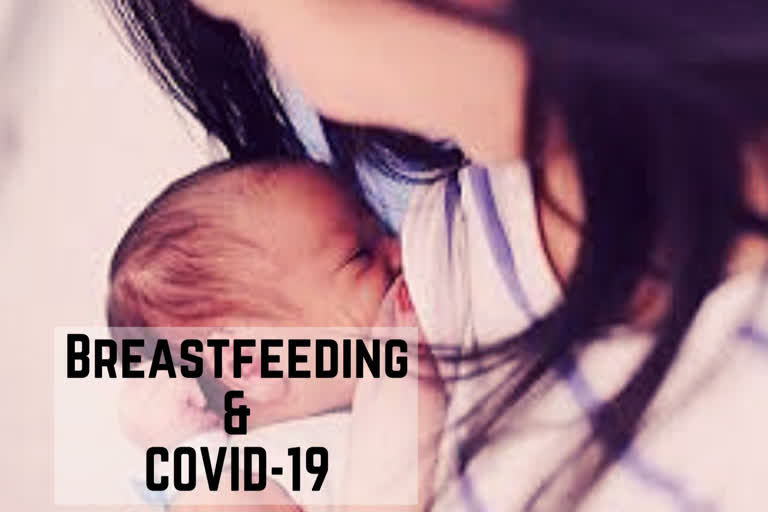Hyderabad: Pregnancy in times of COVID-19 has been a matter of worry for most couples.
Dr. Neeraj Borkar (M.S Obs and Gynec) answers some of the most frequently asked questions:
Q1. Are pregnant women at a higher risk from COVID-19?
Research is currently underway to understand the impacts of COVID-19 infection on pregnant women. Data is limited, but at present there is no evidence that they are at higher risk of severe illness than the general population.
However, due to changes in their bodies and immune systems, we know that pregnant women can be badly affected by some respiratory infections. It is therefore important that they take precautions to protect themselves against COVID-19, and report possible symptoms (including fever, cough or difficulty breathing) to their healthcare provider.
Q2. How to protect yourself from COVID-19 during pregnancy?
We must follow the general safety precautions as advised by your local health authorities:
a. Washing your hands frequently with an alcohol-based hand rub or soap and water.
b. Keeping space between yourselves and others and avoiding crowded spaces.
c. Avoiding touching your eyes, nose and mouth.
d. Practicing respiratory hygiene. This means covering your mouth and nose with your bent elbow or tissue when you cough or sneeze. Then dispose of the used tissue immediate
Q3. Can COVID-19 be passed from a woman to her unborn or newborn baby?
We still do not know if a pregnant woman with COVID-19 can pass the virus to her fetus or baby during pregnancy or delivery. To date, the virus has not been found in samples of amniotic fluid or breast milk.
Q4. What should be the preferred mode of delivery?
Vaginal delivery or cesarean section, the mode of delivery may not change the rate of transmission. However, the guidelines suggest that prolonged labor must be cut short so as to reduce the risk of exposure to a pregnant mother in the hospital setting. The mode of birth should be individualized and based on a woman’s preferences alongside obstetric indications. Cesarean sections should only be performed when medically justified.
Q5. Pregnancy and breast feeding?
Breast milk provides protection against many illnesses and is the best source of nutrition for most infants.
In limited studies, COVID-19 has not been detected in breast milk; however we do not know for sure whether mothers with COVID-19 can spread the virus via breast milk.
a. If you are sick and choose to direct breastfeed: Wear a face mask and wash your hands before each feeding.
b. If you are sick and choose to express breast milk: Express breast milk to establish and maintain milk supply.
c. A dedicated breast pump should be provided.
d. Wash hands before touching any pump or bottle parts and before expressing breast milk. If possible, consider having someone who is well feed the expressed breast milk to the infant.
Q6. If I am pregnant and a paramedic or doctor, is it safe to work?
Yes, you may continue working. However, you must use infection control protocols and personal protective equipment as deemed necessary for the setting in which you work.
Read:| COVID 19: Indian Army colour codes its personnel rejoining duty



